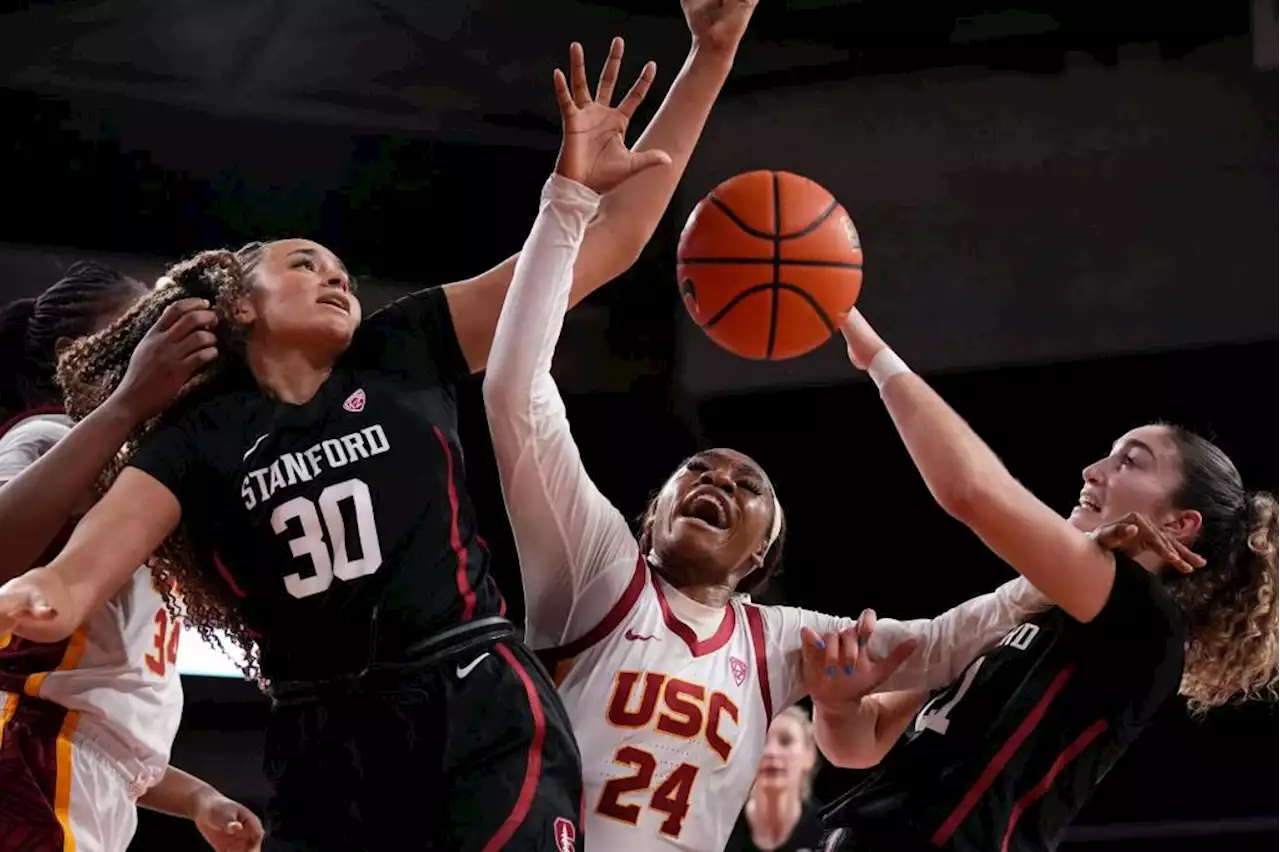A new analysis of data from a yearlong weight-loss study has identified behaviors and biomarkers that contribute to short- and long-term weight loss. Strictly following a diet— either healthy low-carb or healthy low-fat — was what mattered for short-term weight loss during the first six months. B
Stanford Medicine researchers have discovered biomarkers that can predict an individual’s ability to lose weight and maintain weight loss long-term. These biomarkers include signatures from the gut microbiome, proteins made by the human body, and levels of exhaled carbon dioxide. The study found that the bacteria in the gut and the amounts of certain proteins the body produces can impact an individual’s ability to sustain weight loss.
Stanford Medicine researchers have identified several biomarkers that predict how successful an individual will be at losing weight and keeping it off long-term. These biomarkers include signatures from the gut microbiome, proteins made by the human body, and levels of exhaled carbon dioxide.
Throughout the study, the researchers measured the ratio of inhaled oxygen to exhaled carbon dioxide, known as a respiratory quotient, which serves as a proxy for whether carbohydrates or fats are the body’s primary fuel. A lower ratio means the body burns more fat, while a higher ratio means it burns more carbohydrates. So, those who started the diet with a higher respiratory quotient lost more weight on a low-carb diet.
“If you are following a diet that worked for someone you know and it is not working for you, it might be that that specific diet is not as suited for you,” added Xiao Li, PhD, co-lead author of the paper, a former postdoctoral fellow at Stanford Medicine who is now at Case Western University.The predictive information gleaned from the gut microbiome, proteomic analysis, and respiratory quotient signatures is laying the foundation for personalized diets.
United States Latest News, United States Headlines
Similar News:You can also read news stories similar to this one that we have collected from other news sources.
 Huge Study Reveals 4 Eating Patterns Linked to Lower Risk of Early DeathThere's a lot of dietary advice out there, but the science that links food and health isn't always clear-cut.
Huge Study Reveals 4 Eating Patterns Linked to Lower Risk of Early DeathThere's a lot of dietary advice out there, but the science that links food and health isn't always clear-cut.
Read more »
 No. 8 UCLA's upset bid falls short as No. 2 Stanford surges lateNo. 2 Stanford leans on its superior shooting to pull away in the second half of a 72-59 victory over No. 8 UCLA.
No. 8 UCLA's upset bid falls short as No. 2 Stanford surges lateNo. 2 Stanford leans on its superior shooting to pull away in the second half of a 72-59 victory over No. 8 UCLA.
Read more »
 Stanford Scientists Warn That Civilization as We Know It Will End in 'Next Few Decades'On New Years' Day, several Stanford scientists joined CBS' Scott Pelley on '60 Minutes' to discuss the mass extinction crisis. No one had any good news.
Stanford Scientists Warn That Civilization as We Know It Will End in 'Next Few Decades'On New Years' Day, several Stanford scientists joined CBS' Scott Pelley on '60 Minutes' to discuss the mass extinction crisis. No one had any good news.
Read more »
 USC uses defense to upset No. 2 StanfordDestiny Littleton scored 18 points with six assists as Southern California pulled off a program-defining win Sunday with an upset victory over No. 2 Stanford.
USC uses defense to upset No. 2 StanfordDestiny Littleton scored 18 points with six assists as Southern California pulled off a program-defining win Sunday with an upset victory over No. 2 Stanford.
Read more »
 Did the FBI Send MLK a Letter Telling Him To Kill Himself?✅ True. The anonymous letter was delivered to his wife, Coretta Scott King, along with a package that contained a tape that allegedly bore evidence of King’s sexual misconduct.
Did the FBI Send MLK a Letter Telling Him To Kill Himself?✅ True. The anonymous letter was delivered to his wife, Coretta Scott King, along with a package that contained a tape that allegedly bore evidence of King’s sexual misconduct.
Read more »
 Working with biased data to understand the past | ArchaeologyUnraveling nature's secrets is more difficult than one might think and includes considering sampling bias.
Working with biased data to understand the past | ArchaeologyUnraveling nature's secrets is more difficult than one might think and includes considering sampling bias.
Read more »
